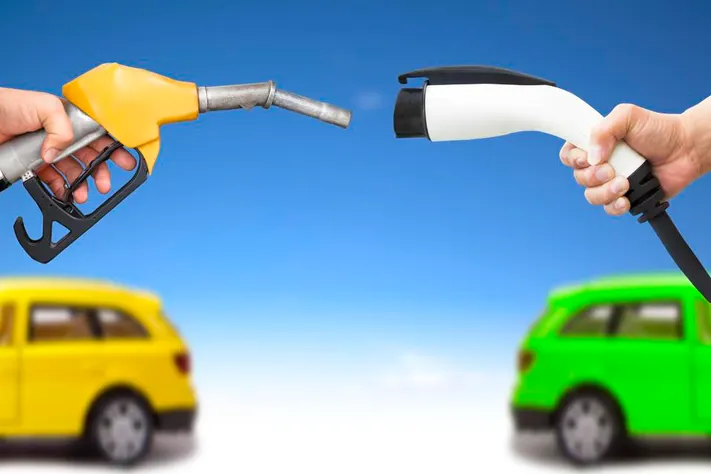Tanzania, like many countries worldwide, is witnessing a shift towards more sustainable transportation solutions, with increasing interest in electric and hybrid vehicles. As concerns about climate change and environmental sustainability grow, the adoption of electric and hybrid cars presents an opportunity for Tanzania to reduce its carbon footprint and embrace cleaner, greener mobility options. Let's explore the rise of electric and hybrid cars in Tanzania, examining the factors driving their popularity and the potential impact on the automotive landscape.
1. Understanding Electric And Hybrid Vehicles
Electric vehicles (EVs) are powered solely by electricity, utilizing rechargeable batteries to propel the vehicle. They produce zero tailpipe emissions, offering a cleaner alternative to traditional gasoline and diesel vehicles. Hybrid vehicles, on the other hand, combine an internal combustion engine with an electric motor and battery, allowing for improved fuel efficiency and reduced emissions compared to conventional vehicles. Both electric and hybrid cars contribute to reducing air pollution and greenhouse gas emissions, making them attractive options for environmentally conscious consumers in Tanzania.
2. Environmental Benefits
One of the primary drivers behind the adoption of electric and hybrid cars in Tanzania is their environmental benefits. By transitioning away from fossil fuel-powered vehicles, Tanzania can significantly reduce its carbon footprint and mitigate air pollution, which poses significant health risks to both humans and ecosystems. Electric and hybrid vehicles produce fewer emissions during operation, contributing to cleaner air and a healthier environment for all Tanzanians. Additionally, the use of renewable energy sources for charging electric vehicles further enhances their environmental credentials, promoting a more sustainable transportation system.
3. Cost Savings And Efficiency
Electric and hybrid cars offer potential cost savings for consumers in Tanzania, both in terms of fuel expenses and maintenance costs. Electric vehicles, in particular, have lower operating costs compared to traditional gasoline vehicles, as electricity is often cheaper than gasoline on a per-mile basis. Moreover, electric and hybrid vehicles typically require less maintenance, as they have fewer moving parts and do not require oil changes or exhaust system repairs. Over the long term, the lower operating and maintenance costs of electric and hybrid cars can translate into significant savings for Tanzanian consumers, making them an attractive investment.
4. Government Incentives And Policies
Government incentives and policies play a crucial role in driving the adoption of electric and hybrid cars in Tanzania. In recent years, the Tanzanian government has introduced measures to promote the use of environmentally friendly vehicles, including tax incentives, import duty waivers, and subsidies for electric vehicle purchases. These incentives make electric and hybrid cars more affordable and accessible to consumers, encouraging uptake and stimulating market demand. Additionally, government initiatives to invest in charging infrastructure and renewable energy development further support the growth of electric and hybrid vehicle adoption in Tanzania.
Conclusion
In conclusion, the transition to electric and hybrid cars represents a significant step forward for Tanzania in its journey towards a more sustainable and environmentally friendly future.





